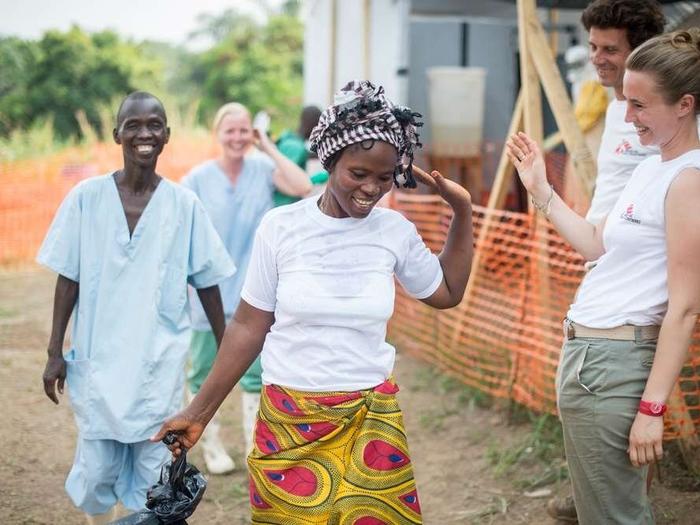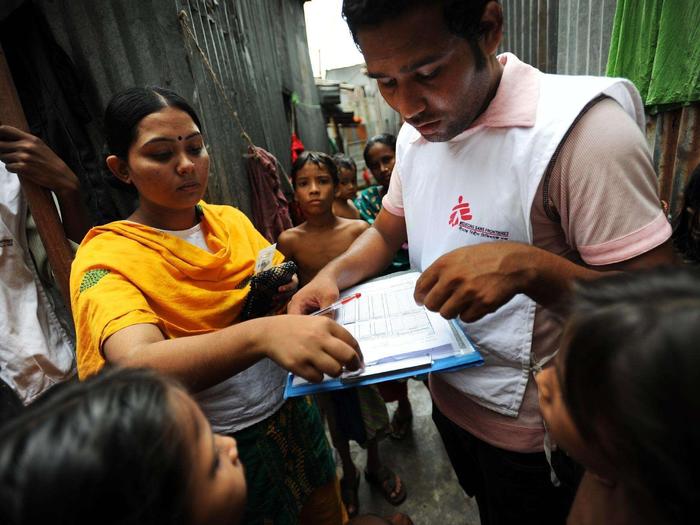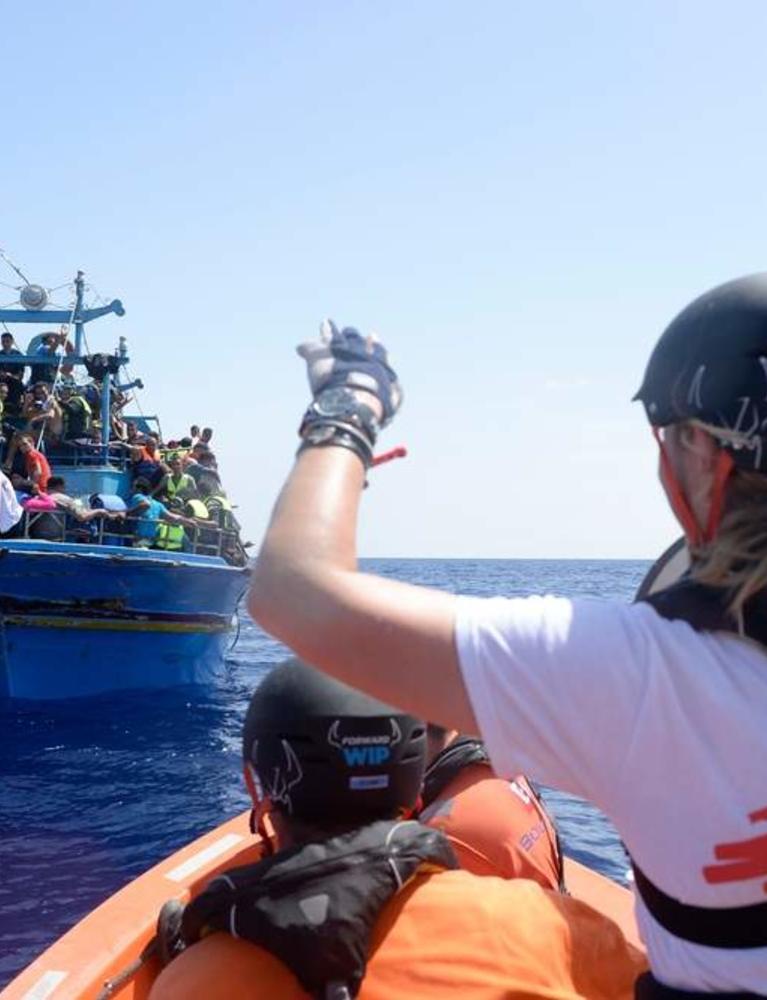MSF introduction
An international, independent medical humanitarian organisation
Médecins Sans Frontières/Doctors Without Borders (MSF) translates to Doctors without Borders. We provide medical assistance to people affected by conflict, epidemics, disasters, or exclusion from healthcare. Our teams are made up of tens of thousands of health professionals, logistic and administrative staff - bound together by our charter. Our actions are guided by medical ethics and the principles of impartiality, independence and neutrality. We are a non-profit, self-governed, member-based organisation.
MSF was founded in 1971 in Paris by a group of journalists and doctors. Today, we are a worldwide movement of nearly 65,000 people.

The MSF Movement
We are owned and run by our staff, past and present - collectively, they make sure that MSF stays true to its mission and principle




